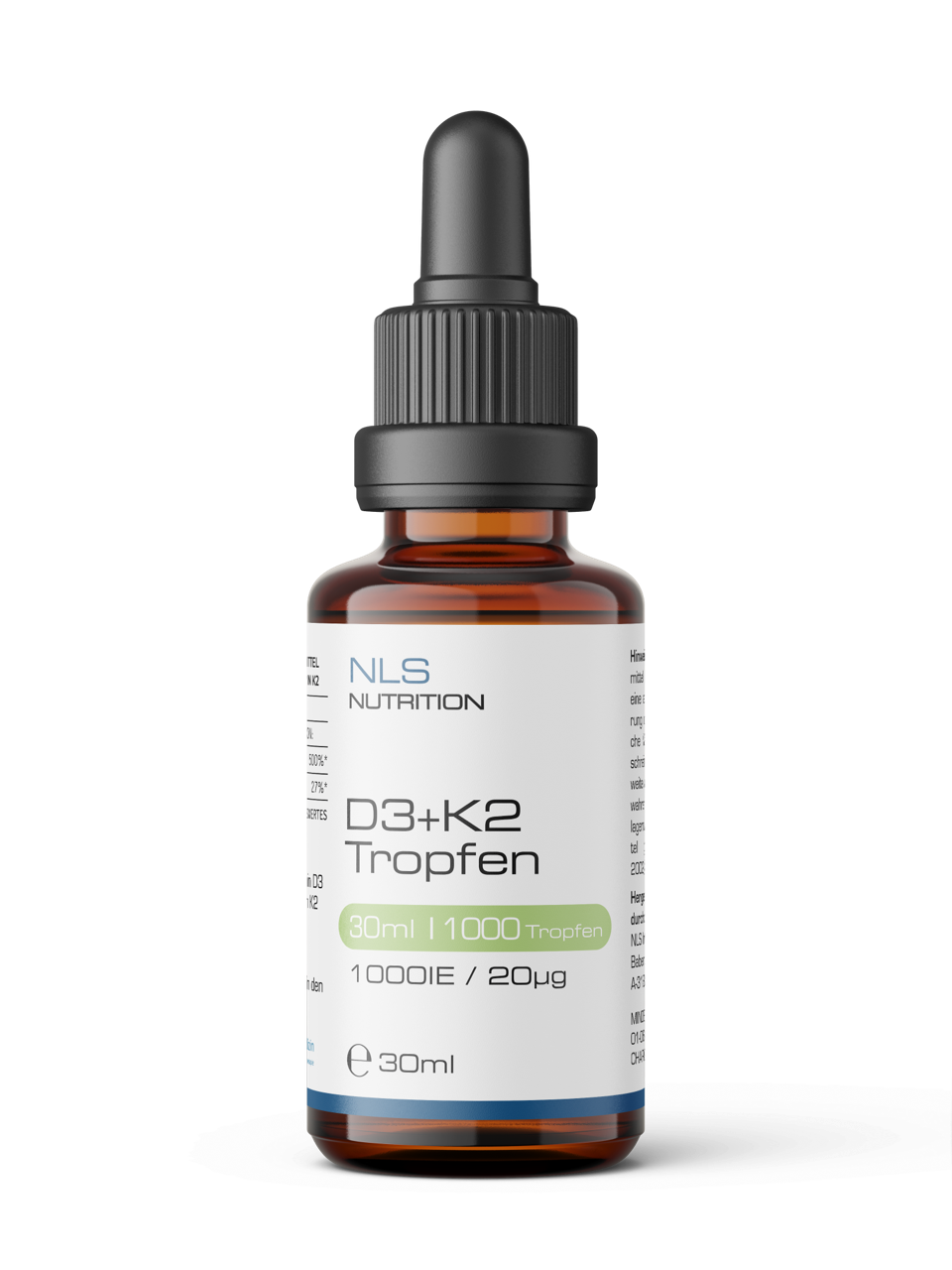
VitaminD3 in relation to dementia
Vitamin
D3 and its influence on the prevention and treatment of dementia. Vitamin D3,
also known as cholecalciferol, is an essential vitamin that plays a
key role in various bodily functions. It is best known for
regulating calcium and phosphate levels in the body, which
in turn is crucial for maintaining healthy bones and teeth.
However, the latest research suggests that vitamin D3 can do far more than just promote bone health
. Of particular focus is the
potential role of vitamin D3 in the prevention and treatment of
dementia.
Dementia is a general term for a loss of cognitive function
- such as memory loss, language impairment and impaired judgement
and thinking - that is severe enough to interfere with daily living
. Alzheimer's is the most common form of dementia. According to the
World Health Organisation (WHO),
dementia affects around 50 million people worldwide, with almost 10 million new cases each year.
In recent years, scientists have hypothesised that a
deficiency of vitamin D3 could be a risk factor for the development of dementia,
including Alzheimer's disease. Studies suggest that vitamin D3
has neuroprotective properties by having an anti-inflammatory effect and
supporting the formation of new nerve cells.
The role of vitamin D3 in the brain
The brain is unusually rich in vitamin D receptors, suggesting
that vitamin D plays an important role in this organ.
Research has shown that vitamin D3 promotes the release of
neurotransmitters and supports brain plasticity. This
plasticity is crucial for learning processes and memory. In addition,
vitamin D plays a role in protecting against oxidative stress, which can lead to
cell damage and thus to the development of neurodegenerative diseases such as dementia
.
Vitamin D3 deficiency and dementia risk
Vitamin D deficiency is widespread, especially in countries with little
sunlight, as the skin produces vitamin D3 when exposed to UVB rays
. Several epidemiological studies have established a link between
low vitamin D levels and an increased risk of dementia.
People with a pronounced vitamin D deficiency show a significantly
increased risk of developing dementia.
Interestingly, dementia occurs less frequently in countries close to the
equator, where sunlight and thus the production of vitamin D3
is higher. This could indicate the importance of vitamin D3 for
brain health.
Prevention of dementia through vitamin D3
Prevention of dementia begins with maintaining optimal
vitamin D levels. Adequate sun exposure, a diet rich in vitamin D
and, if necessary, taking supplements can
help to increase vitamin D levels. Foods containing
vitamin D include oily fish, liver, egg yolk and
vitamin D fortified products such as milk or orange juice.
Studies suggest that an adequate supply of vitamin D can not only reduce the
risk of developing dementia, but is also associated with a
slower progression of the disease in already diagnosed patients
.
Treating dementia with vitamin D3
Although the treatment of dementia is mainly aimed at managing the symptoms
and there is currently no cure, vitamin D3 could offer a
promising approach in therapy. Some studies have shown
that vitamin D3 supplementation can help stabilise cognitive
functions in dementia patients or slow down their decline
.
How much vitamin D3 is needed?
The recommended daily intake of vitamin D varies depending on age, gender and
health status. Experts generally recommend levels between 800 and
2000 International Units (IU) per day for adults. However, it is
important to consult a doctor before starting
vitamin D supplementation, as an overdose can lead to health
problems.
Sunlight: The natural source of vitamin D3
Sunlight is the most effective source of vitamin D3. Regular, moderate
sun exposure can help to increase vitamin D levels. It is
important to find a balance to minimise the risk of skin damage and
skin cancer. Experts recommend exposing the face, hands and arms
to the sun two to three times a week for about 10 to 15 minutes.
Conclusion
Research is still in its infancy and more studies are needed to fully understand
the exact mechanisms and potential of vitamin D3 in the prevention and
treatment of dementia. However, the
findings to date are promising and underline the importance of
adequate vitamin D intake.
For people who are concerned about their cognitive health or have an increased
risk of dementia, it may be advisable to have their vitamin D levels checked
and take steps to optimise them if necessary.
A healthy lifestyle, a balanced diet and the right amount of
sunlight can make a big contribution to brain health and
reduce the likelihood of developing dementia.

